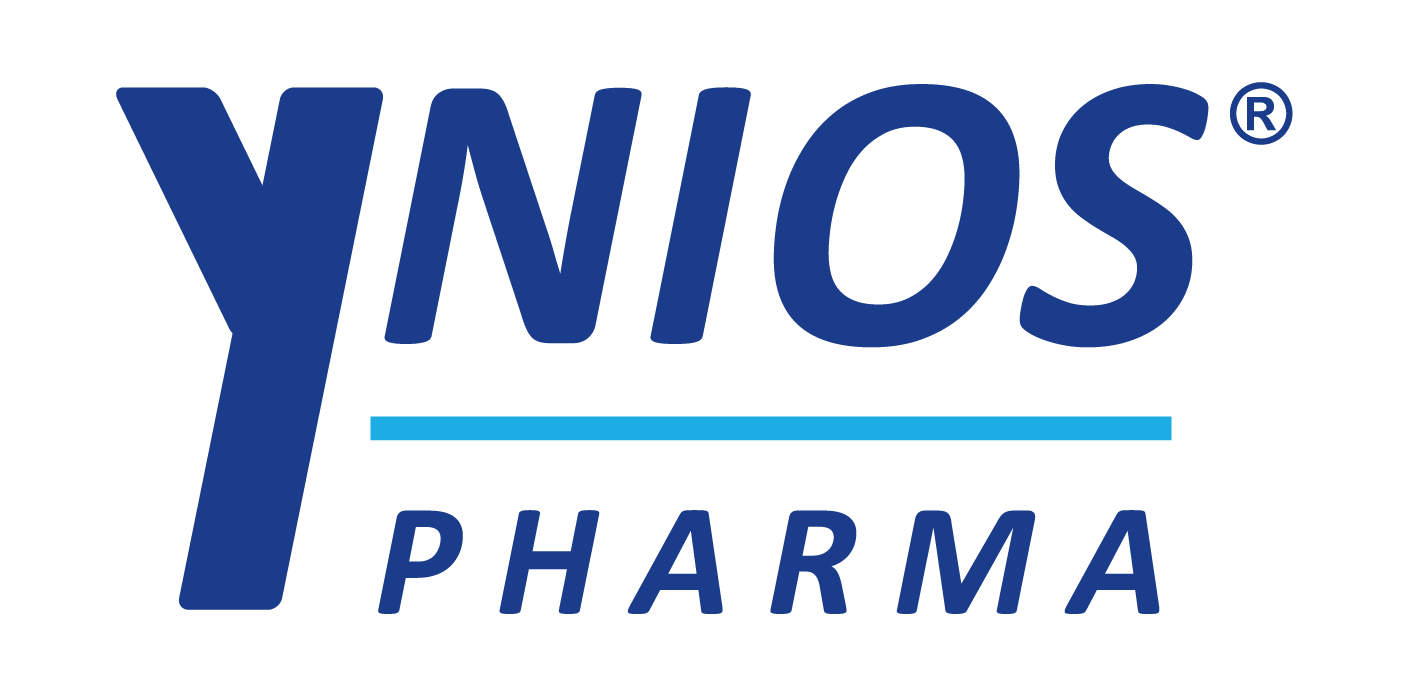Kidney transplantation represents a pressing public health challenge in many countries. The need for kidney transplants is growing every year, but there is a shortage of available organs, constituting a significant barrier for those with advanced chronic kidney disease and kidney failure.
Key stakeholders have called for chronic kidney disease to be prioritised by the World Health Organization as a major driver of premature mortality. Currently, there is no cure for this condition in which the kidneys lose their ability to filter blood, creating a build-up of waste and excess fluid in the body.i People require dialysis or kidney transplantation, but neither of these treatment options come without challenges.
YNIOS Pharma, a biotechnological start-up based in Belgium, is exploring novel therapeutic approaches to minimize the risks associated with kidney transplantation. Their goal is to provide effective and well-tolerated therapeutic solutions to protect transplant kidneys throughout the entire process, from kidney removal to transplantation and return to its function.
A global shortage of donor kidneys
Kidney transplantation is the most effective clinical solution for advanced chronic kidney disease and kidney failure. Unfortunately, the persistent global shortage of kidney donors is one of the utmost threats to kidney transplantation. From January to March 2024, 8,514 kidney transplants were performed in the United States,ii with over 89,000 people remaining on the kidney transplant waiting list.iii
Most kidneys are retrieved from deceased donors. These donor kidneys are healthy but tend to be at higher risk of delayed organ function and may not last as long as kidneys from living donors. However, kidneys from deceased donors are more readily available.
To increase the donor pool, many transplant centres are increasingly accepting kidneys from older deceased donors with comorbidities. These kidneys tend to be associated with a higher risk of delayed organ function, rejection and loss.iv
YNIOS Pharma is investigating innovative solutions that would enable the use of donor kidneys from a wide net of donor sources without comprising organ function and patient survival, helping to bridge the gap between organ demand and supply.
Ischemia and reperfusion injury
The risk of organ rejection is another significant threat to kidney transplantation. People who undergo a kidney transplant have a persistent risk of organ rejection due to injury known as ischemia and reperfusion injury (IRI).
IRI is an inevitable consequence of kidney transplantation that occurs when the organ is separated from the donor blood supply. When transplanted, the recipient’s immune system recognises the organ as foreign and attacks it, causing tissue damage to the organ. Most transplanted kidneys recover from IRI, but clinical evidence demonstrates that those with prolonged exposure to IRI are more susceptible to delayed organ function, rejection and loss.v
Innovative treatment provides new hope for millions of people needing kidney transplantation
YNIOS Pharma’s investigational compound, TA64, is designed to regulate a person’s immune response proportionally to IRI, protecting the integrity of cells and tissues and restoring homeostasis.
Studies will be conducted by the University Hospital of Liège to test the drug’s clinical efficacy, safety and toxicity throughout the entire transplantation process, from kidney removal to transplantation and return to its function.
This research offers new hope for extended survival and improved quality of life for the millions of people worldwide needing a kidney transplant.
__________________
i ”What Is Chronic Kidney Disease?.“ National Institute of Diabetes and Digestive and Kidney Diseases. June 2017. https://www.niddk.nih.gov/health-information/kidney-disease/chronic-kidney-disease-ckd/what-is-chronic-kidney-disease.
ii ”Current state of organ donation and transplantation: Transplantation trends.” United Network for Organ Sharing. April 2024. https://unos.org/data/
iii ”Organ Donation Statistics.” Health Resources and Services Administration. March 2024. https://www.organdonor.gov/learn/organ-donation-statistics
iv Nieuwenhuijs-Moeke, Gertrude J., et al. “Ischemia and reperfusion injury in kidney transplantation: relevant mechanisms in injury and repair.” Journal of clinical medicine 9.1 (2020): 253.
v Zhao, Hailin, et al. “Ischemia-reperfusion injury reduces long term renal graft survival: mechanism and beyond.” EBioMedicine 28 (2018): 31-42.
RELATED POSTS
